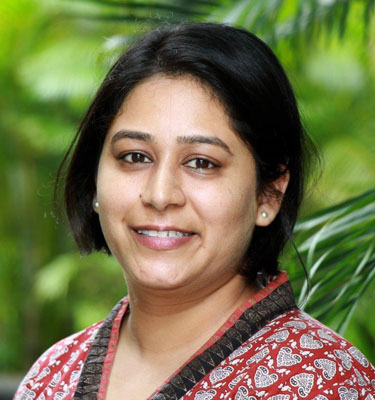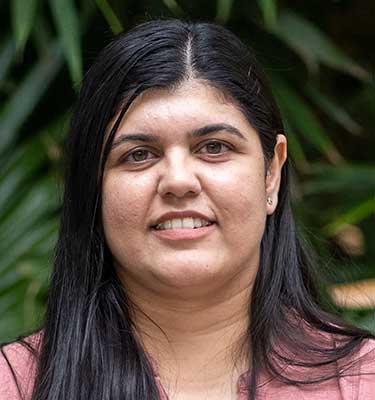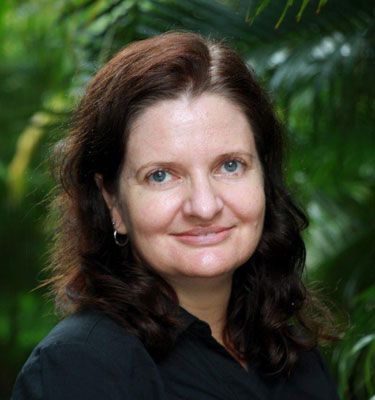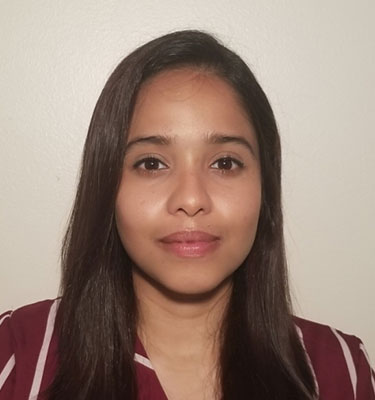







































FACULTY

Prof. Aakash Kamble is an Assistant Professor – Marketing at FLAME University. He received a Doctorate Degree in Marketing from Savitribai Phule Pune University; Master of Business Administration in Marketing, University of Pune and Bachelor’s Degree in Chemical Engineering, University of Pune.
His Ph.D. thesis focused on identifying and analysing the determinants of customer switching behaviour in online retail settings. He is a recipient of Israel Government Scholarship for short term research at Bar-Ilan University, Ramat Gan, Israel in 2017-18.
Prior to joining FLAME University, he was associated with the BITS Pilani, Dubai Campus, UAE, and Indian Institute of Management Jammu as an assistant professor.
His research interest includes but not limited to technology marketing, switching behaviour and consumer research.
He enjoys travelling and is an adventure motorcyclist.
Research Publications
- Kamble, A., Upadhyay, N., & Abhang, N. (2024). Navigating the Learning Landscape: Social Cognition and Task-Technology Fit as Predictors for MOOCs Continuance Intention by Sales Professionals. The International Review of Research in Open and Distributed Learning, 25(1), 24–44. https://doi.org/10.19173/irrodl.v25i1.7567(IF: 3.470, Q1, Scopus)
- Upadhyay N., & Kamble A. (2023). Examining Indian Consumers Pro-Environment Purchase Intention of Electric Vehicles: Perspective of Stimulus-Organism-Response, Technological Forecasting and Social Change, 189, 122344. DOI: https://doi.org/10.1016/j.techfore.2023.122344 (ABDC – A, IF: 10.848, Q1, Scopus)
- Upadhyay N., Kamble A., & Navare A., (2023). Virtual healthcare in the new normal: Indian healthcare consumers adoption of electronic government service “eSanjeevani”, Government Information Quarterly,DOI: https://doi.org/10.1016/j.giq.2022.101800 (ABDC A, IF: 8.49, Q1, Scopus)
- Upadhyay, N., & Kamble, A. (2023). Why can’t we help but love mobile banking chatbots? Perspective of stimulus-organism-response. Journal of Financial Services Marketing, 1-18. DOI: https://doi.org/10.1057/s41264-023-00237-5 (ABDC – B, Q2, Scopus)
- Kamble A., Mehandale S., Desai S., & Golhar D. (2023). The role of perceived security, perceived compatibility, and perceived user experience in intentions to use mobile payment services by generation Z consumers, International Journal of Electronic Marketing and Retailing, Accepted for publication (ABDC – C, Scopus)
- Kamble, A., Golhar, D. & Kalkar, P., (2022): Technology acceptance for online teaching-learning: perspectives of teachers from higher education in India, Educational Media International, 59(4), 324-340. DOI: https://doi.org/10.1080/09523987.2022.2153989 (ESCI, Q1, Scopus)
- Kamble, A., Desai, S., & Abhang, N. (2021). Wearable Activity Trackers: A Structural Investigation into Acceptance and Goal Achievements of Generation Z. American Journal of Health Education, 52(5), 307-320, https://doi.org/10.1080/19325037.2021.1955229 (ESCI, Scopus)
- Kamble, A., Desai, S., & Mehendale, S. (2021). What makes them snap? Gratifications of using Snapchat by Generation Z. Asian Academy of Management Journal, 26(1), 1–23. https://doi.org/10.21315/aamj2021.26.1.1 (ABDC - C, Scopus)
- Kamble, A., Gauba, R., Desai, S., & Golhar, D. (2021). Learners’ Perception of the Transition to Instructor-Led Online Learning Environments: Facilitators and Barriers During the COVID-19 Pandemic. The International Review of Research in Open and Distributed Learning, 22(1), 199-215. https://doi.org/10.19173/irrodl.v22i1.4971 (SSCI, IF: 2.760, Q1, Scopus)
- Tsadikovich D., Kamble A., Elalouf A., (2020). Controlled Information Spread for Population Preparedness in Disaster Operations Management. International Journal of Disaster Risk Reduction, 40, 101338 pp. 1-19. https://doi.org/10.1016/j.ijdrr.2019.101338 (ABDC - A, IF: 5.00, Q1, Scopus)
- Eksler, L., Aviram, R., Elalouf, A., & Kamble, A. (2019). An EOQ model for multiple products with varying degrees of substitutability. Economics: The Open-Access, Open-Assessment E-Journal, 13(1). pp. 1–15. http://dx.doi.org/10.5018/economics-ejournal.ja.2019-30 (ABDC - B, Q1, Scopus)
- Kamble, A. A. (2014). DMM model in celebrity: Brand advertisements. SCMS Journal of Indian Management, 11 (4), pp. 89-96 (Scopus)

